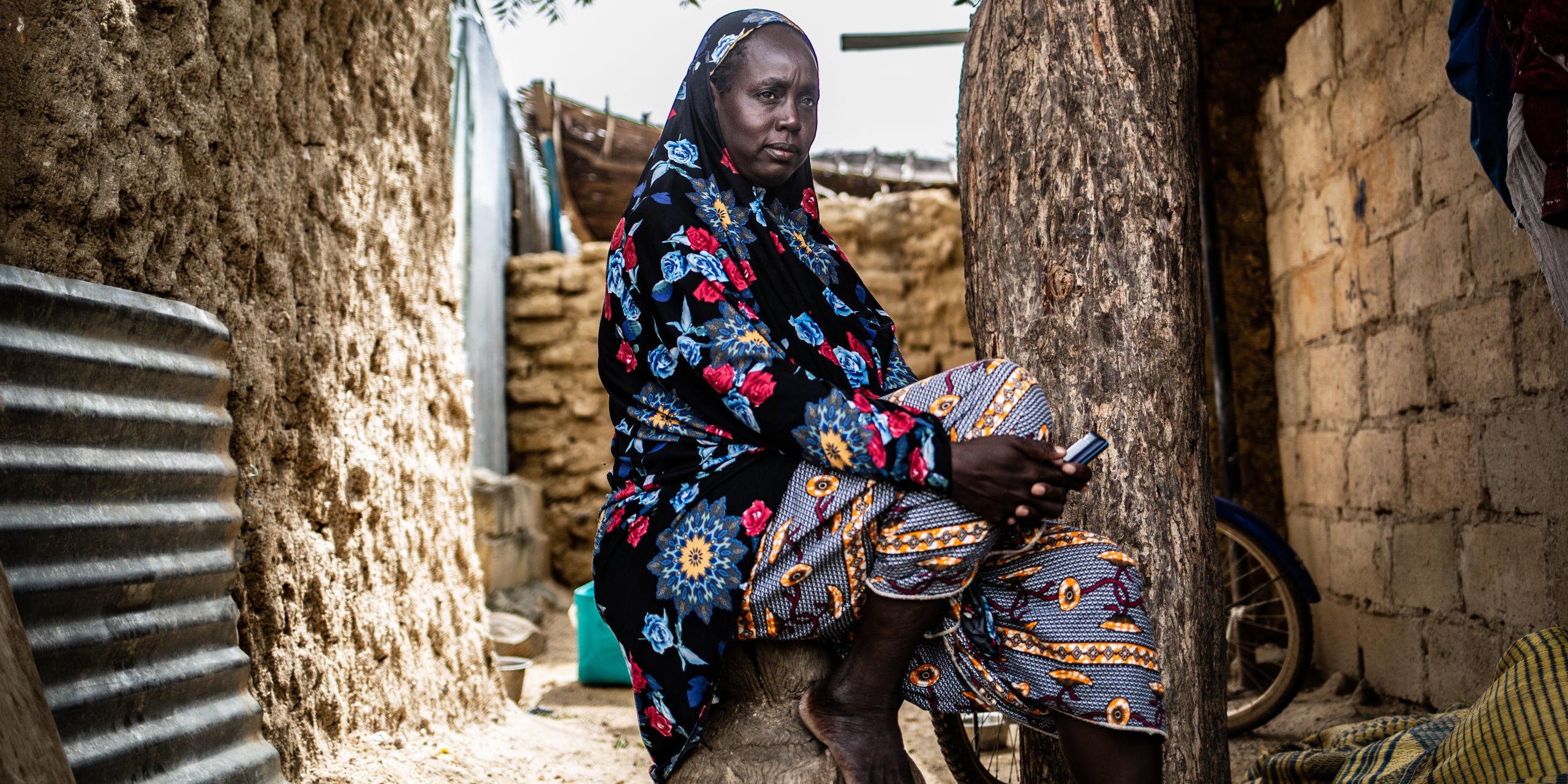
The legislation subverts the mandate of Food for Peace Title II and would make it nearly impossible to implement resilience-building programs that help communities feed themselves and bounce back from stresses like droughts or price shocks. The loss of these programs would leave 3 million people without assistance, pushing them closer to extreme hunger. These programs make up a small portion of Food for Peace Title II but play an integral role in proactively preventing future crises. Evidence shows that these programs are a good use of taxpayer dollars – every $1 invested in building people’s resilience saves $3 in more expensive humanitarian aid and losses that dig families into a deeper hole.
This legislation would also prohibit the use of local and regional procurement and market-based assistance across Food for Peace Title II, undercutting the development of strong local markets and leaving communities dependent on aid. This is strategically unwise. Communities that have strong food systems are more stable and more likely to become trade partners of the U.S.—ultimately, boosting the U.S. economy and reducing potential threats to U.S. national interests.
American commodities, particularly in emergency humanitarian settings, are life-saving and an important source of food for communities in crisis. Food for Peace Title II distributed nearly 1.8 million metric tons of U.S. food commodities in 21 countries last year. American farmers are proud to be able to feed their communities. Farmers in low-income, food insecure countries around the world should have the opportunity to do the same.
We support efforts to strengthen Food for Peace Title II resilience programs to promote dignity, mitigate the ongoing global food crisis, and help more people feed themselves. This bill would do just the opposite.
NRC USA signed onto the above statement by InterAction with the following organizations:
- Action Against Hunger
- Adventist Development and Relief Agency
- Bread for the World
- CARE USA
- Catholic Relief Services
- Corus International
- FHI 360
- Food for the Hungry
- Global Communities
- Heartland Alliance International
- Helen Keller Intl
- Humanity & Inclusion
- Humentum
- InterAction
- International Rescue Committee
- Islamic Relief USA
- Mercy Corps
- ONE Campaign
- Oxfam America
- Save the Children
- The Hunger Project
- UNICEF USA
- World Vision
—
Please contact InterAction’s Sara Nitz Nolan with questions.

